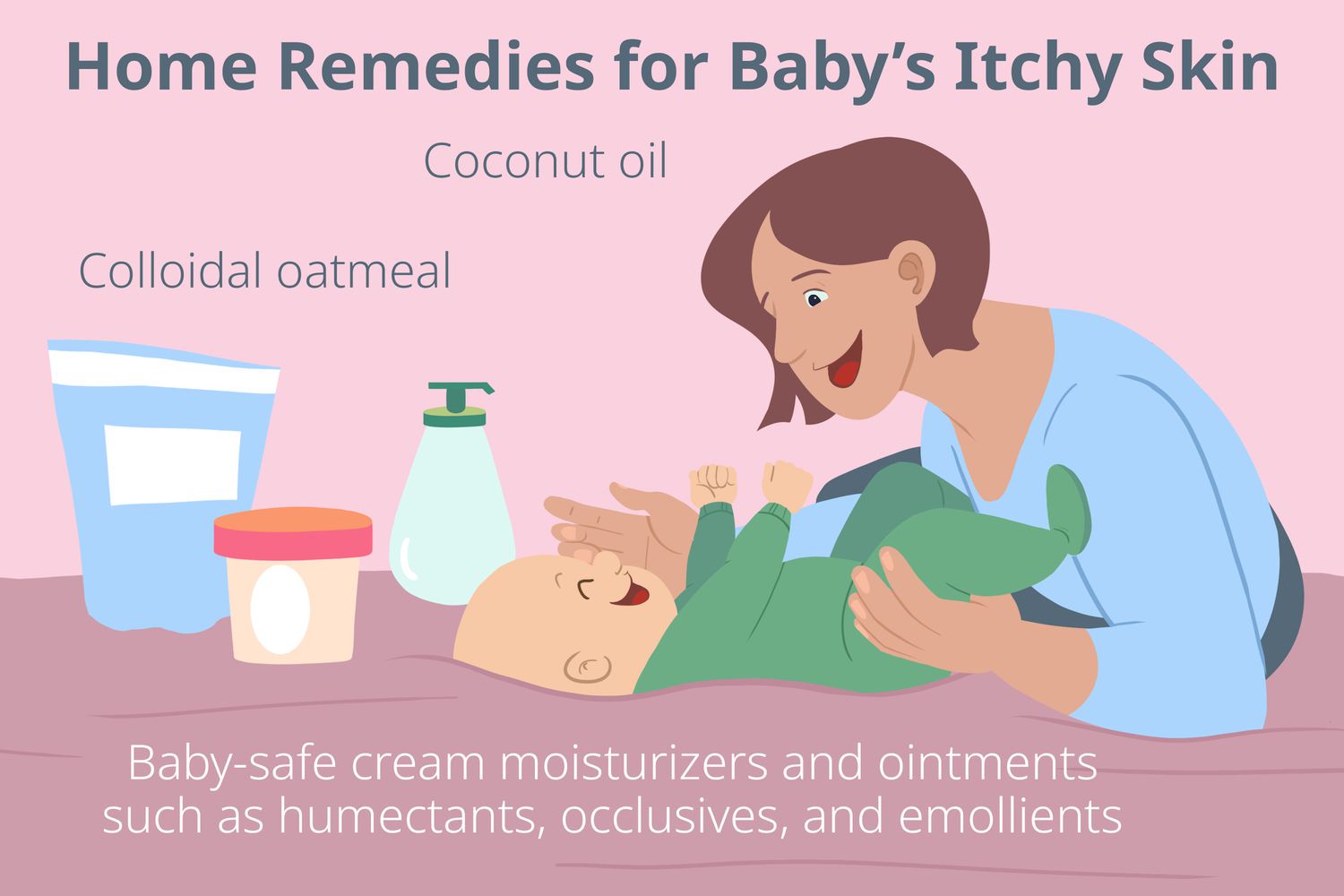Winkelwagen
U heeft geen artikelen in uw winkelwagen
Smeer andere huidmiddelen niet tegelijkertijd op de aangedane plekken. U heeft dan kans dat u dit medicijn met het volgende wegsmeert. Smeer eerst het corticosteroïd op de huid. Wacht dan ten minste 1 uur voordat u de vette crème of zalf smeert, die uw arts meestal ook heeft voorgeschreven.
Zwangerschap
U kunt dit medicijn veilig gebruiken tijdens de zwangerschap. Het wordt al jaren gebruikt door zwangere vrouwen zonder nadelige gevolgen voor het kind. Borstvoeding
Geeft u borstvoeding? U kunt dit medicijn veilig gebruiken als u borstvoeding geeft. Heeft u dit medicijn op of rond de tepel gesmeerd? Maak voor de borstvoeding de tepel dan schoon met (afgekoeld gekookt) water.
Gebruikt u medicijnen op recept of die u zonder recept koopt? Wilt u helpen om de kennis over medicijngebruik tijdens zwangerschap en borstvoeding te vergroten? Meld dan uw ervaring bij Moeders van Morgen.
When your baby has a diaper rash, there’s little doubt as to what’s causing the skin irritation. But if your child suffers from baby eczema, there may be other factors at play, like your bathing routine (yes, it’s possible!) or food sensitivities.
To care for skin with eczema, experts recommend a specific routine for bathing to maintain moisture:
For babies who are exclusively breastfed, consider the diet of the breastfeeding parent. If your baby’s eczema worsens shortly after you eat a specific food, they may have a food sensitivity.
Keeping a detailed food journal can help you identify this issue. Doctors don’t suggest simply eliminating foods without good cause, so take some time to verify that that’s the reason.
And for formula-fed babies, it’s not advised to constantly switch out brands of formula since some children develop skin irritations from ingredients in formulas, too. Instead, work with your pediatrician to identify and eliminate any possible issues.
Also consider household products. It’s possible that baby’s skin irritation is caused by your detergent or soap, especially if it includes dyes or perfumes — common household irritants.
Likewise, make sure that any soaps, shampoos, conditioners, and lotions you’re using on your baby are designed with delicate skin in mind.
Other hidden causes, like dressing your baby in synthetic fibers or clothing that’s too tight, can also contribute to skin irritation.
And if you have a habit of waiting longer to change wet diapers, make it a point to address all diaper changes as soon as possible to keep your baby’s skin clean and dry.

When using hydrocortisone products, it's crucial to follow the instructions provided by your dermatologist or indicated on the packaging. Avoid higher-potency products on sensitive areas of skin or for extended periods to reduce your risk of side effects.
Some of the most common side effects of hydrocortisone include:
Serious reactions like crusting or peeling of treated skin, pus-filled bumps near the hair follicles, skin infections, or allergic reactions require medical attention. In addition, topical steroids are meant for short-term flares, so doctors usually prescribe them once a day for one to two weeks or less.
Apply hydrocortisone in a thin layer to the treatment area using clean hands, then wash your hands after applying a topical steroid (unless the treatment is meant for your hands).
Although you can buy hydrocortisone over the counter, you should talk to your dermatologist before using it. They may suggest a patch test to watch for skin reactions before applying it to a larger area.
Avoid using the product beyond the recommended time, as doing so may make treatment less effective. Also, using too much steroid cream can be dangerous, leading to skin thinning and stretch marks. In areas where the skin is already thin, hydrocortisone may do more harm than good. “I’m 61 and can’t use any steroid on my thinning face,” shared a MyEczemaTeam member.
When your skin symptoms are under control and you’re ready to stop using hydrocortisone, ask your doctor about tapering off to avoid potential rebound effects.
Everyone’s skin is different, but the right hydrocortisone product can be a helpful tool for controlling eczema symptoms, so work with your dermatology provider to identify the best solution for you.